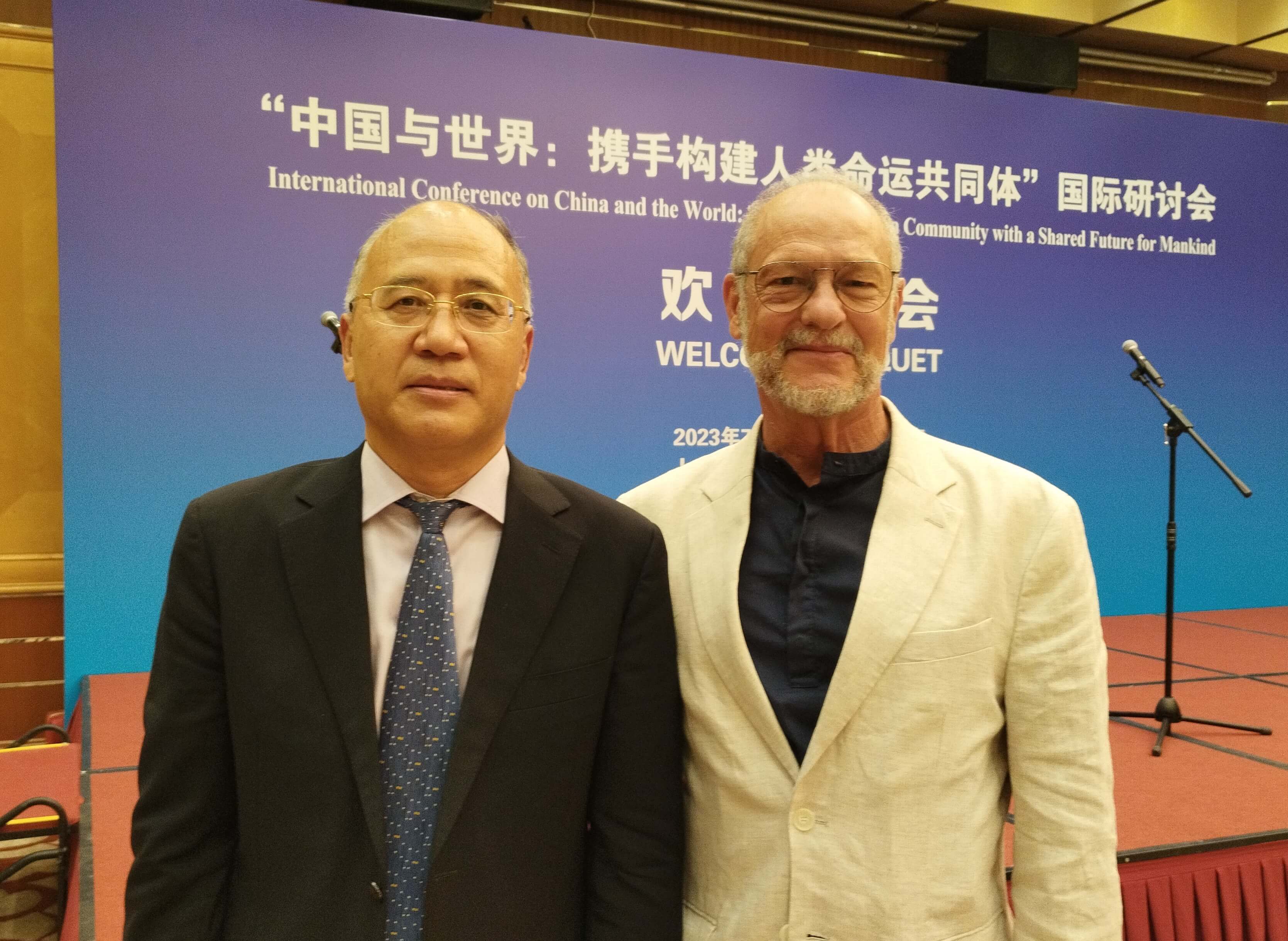
Macau and the reunion
2023-11-24
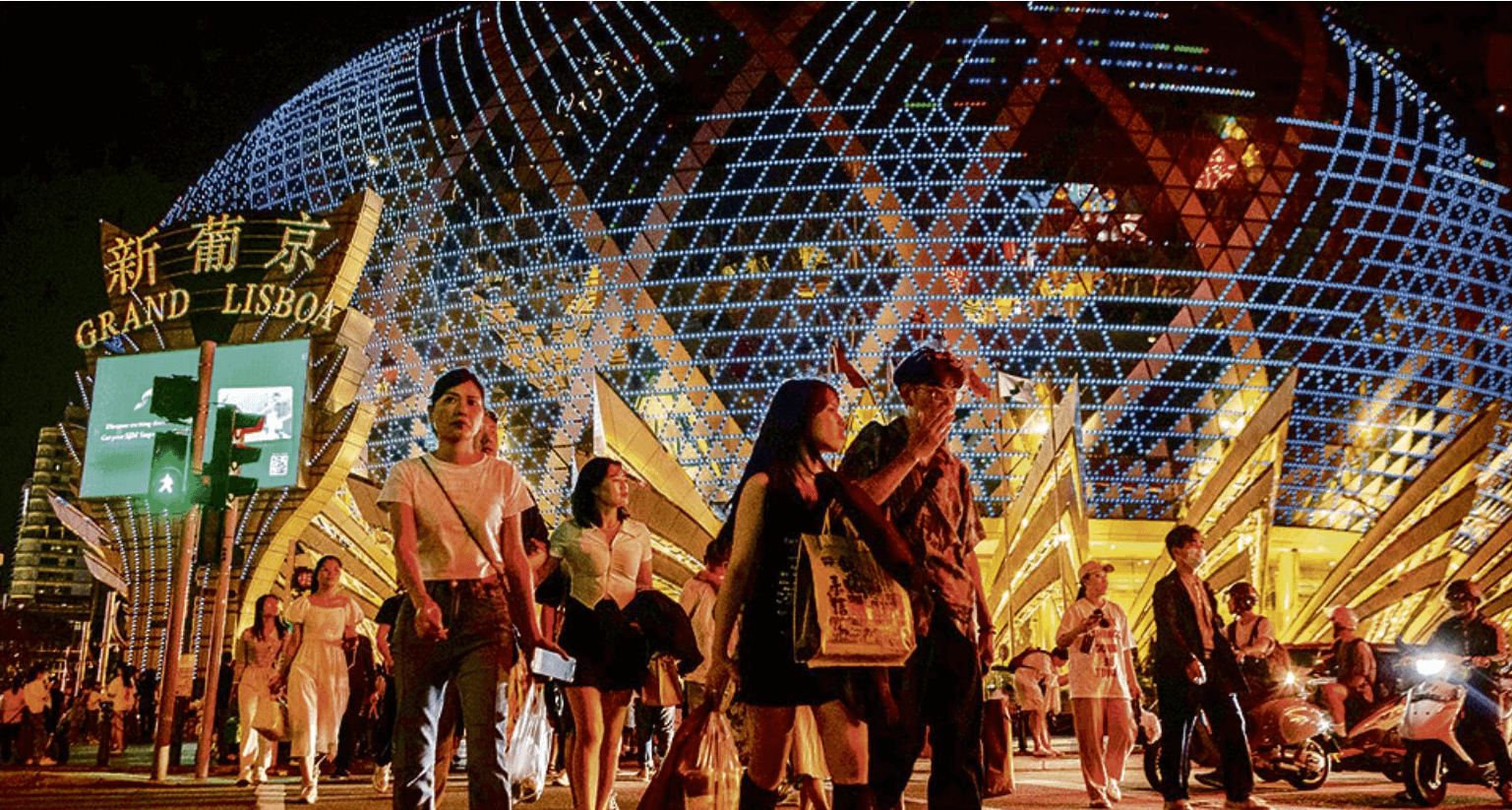
Macau was one of the territories in the world that most felt the impact of COVID-19, not because of the number of infections detected, but because of the rapid transformations that this Special Administrative Region had to go through.
Being one of the most cosmopolitan spaces in the world in terms of nationalities present, resulting from a history of cultural convergence, the small territory found itself closed to the world, returning to a territorial smallness unknown in the last five centuries. These were difficult years for a population accustomed to coexistence with other communities, in an economy very exposed to tourist and leisure activities.
Today, casinos are regaining the color of other times, we see the construction of new buildings returning and we can finally enjoy the construction of new infrastructures fundamental for interconnectivity in the Pearl River Delta region.
However, looking at current tourists and those who frequent entertainment venues, a change can be noted, namely due to the reduced number of non-ethnically Chinese population in the waves of tourists visiting the territory. Perhaps it is still a remnant of the Covid-19 times that we now have the opportunity to overcome.
Macau in the Greater Bay Area
Macau is part of one of the largest and most innovative current projects in the People's Republic of China, which aims at the regional integration of an area in a complementary regime. The technological zones should be associated with financial and cultural complementarity, conducive to the integration of Macau and Hong Kong in this area. As the area of greatest growth and economic development in China at the moment, we must focus on its next stages.
The integration of the Macau Special Administrative Region into the Greater Bay Area provides Portugal, and Portuguese-speaking countries, with the possibility of direct interaction with this space. To this end, the role of Forum Macau is fundamental. Greater monitoring of this institution by Portuguese-speaking countries and civil society, namely through business associations and chambers of commerce, could guarantee access to a region with enormous potential, although restricted in terms of Chinese territory.
The Greater Bay region was the one with which the Portuguese had the most contact and with which, over the centuries, they maintained the most economic (commercial) and political relations. Having Macau as a gateway to the construction of this new space means fostering new opportunities for economic relations with a promising space in terms of growth and development while maintaining Macau's historical role and harmonizing relations between economic interests. Portuguese and Chinese.
This new role for Macau represents one of the possible reunions with its tradition, which goes far beyond what Macau has become at the moment, a large entertainment park, which has been embodied, above all, through the gaming industry, anchored in a large casino complex.
Despite its tourist vocation, this special administrative region can play roles that go beyond its natural attractiveness, resulting from the historical and cultural heritage that comes from the meeting of Eastern and Western cultures, in particular Chinese and Portuguese, and which is wanted broad, i.e., involving all countries that form part of Portugal's history and that are now independent nations.
In this sense, Macau can recover a role that, although enshrined in official speeches, has been lost in political practice, but also in the economic spectrum that is now opening up with greater intensity.
Macau, a special region
More than a Special Administrative Region, the official nomenclature for Macau, this territory finds its specificity in the long relationship between Portugal and China. Characterized by situations of compromise, based on a concession to Portugal by China, all Westerners who wanted to establish relations converged on Macau, especially until the mid-19th century. Macau's Protestant cemetery represents this cosmopolitanism, resulting from the convergence of Westerners of various nationalities with the territory's Chinese and individuals of other Asian nationalities who passed through there. Macau is, therefore, a fundamental element in China's connection to the West through peaceful and commercial means.
Over more than five centuries of common history, many elements of Lusophone culture converged in Macau, resulting from the then Colonial Empire, in which individuals of different origins circulated. Among these, we find more or less famous figures, but let us always remember that the editor of the first newspaper in Asia, “Abelha da China”, published in 1822, was directed by a Portuguese-Brazilian, representative of the Portuguese administration of Macau and assisted by the clergy. and local merchants.
The encounter between Lusophony and China is also reflected in the newspaper “Echo Macaense”, which promoted the encounter between Chinese and Portuguese, under a Macanese hat. The director of this periodical, Francisco Hermenegildo, frames the profile of this meeting in his experience as a Macanese, deeply involved in the management of the territory and the harmonization between Chinese and Portuguese wishes.
The “Echo”, promoting republican aspirations, is a newspaper of convergence, one of the maximum exponents of an attempt to generate a common idea among the communities present for the administration of this territory.
All this heritage is objectively reflected in material aspects such as the Portuguese sidewalk or the ruins of S. Paulo, but also in the houses of Macau's Chinese traders that have now been rehabilitated. This historical material testimony results from another, less visible part, which is the economic and political relations of mutual respect and the search for solutions to the challenges that have arisen over these centuries of history.
Therefore, its role is not that of a living museum, but of a territory whose role can be decisive in the reconstruction of this cosmopolitanism that passed through the relationship with Portugal and other Portuguese-speaking territories, now independent countries. Macau's legacy is this peaceful encounter between West and East, symbolized by the possibility of compromise between two powers in the same territory.
The reunion
In this post-pandemic phase, in which the resilience of countries and populations has been challenged, Macau can once again play a role of convergence between East and West. To do this, simply return to its tradition, accommodating communities of different origins and promoting understanding around projects like the Greater Bay Area.
Only in this perspective of reunion will Macau be able to fulfill its historical mission of connecting people, covering not only Portuguese-speaking countries but also other promising markets and cultures for Portugal, such as Latin America.
ARTIGOS RELACIONADOS
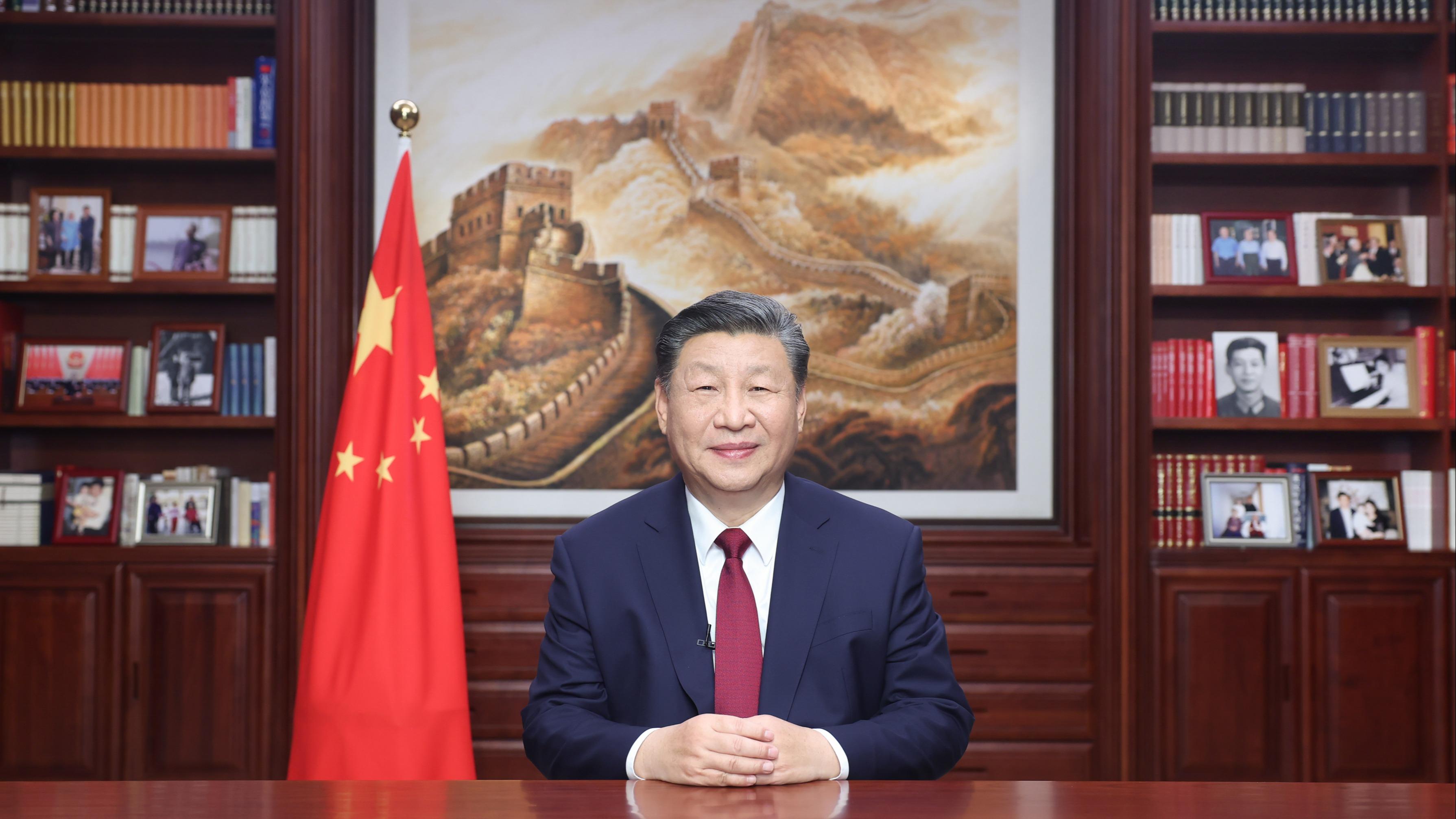
2024-01-03
Speech by President Xi Jinping on New Year's Eve 2024
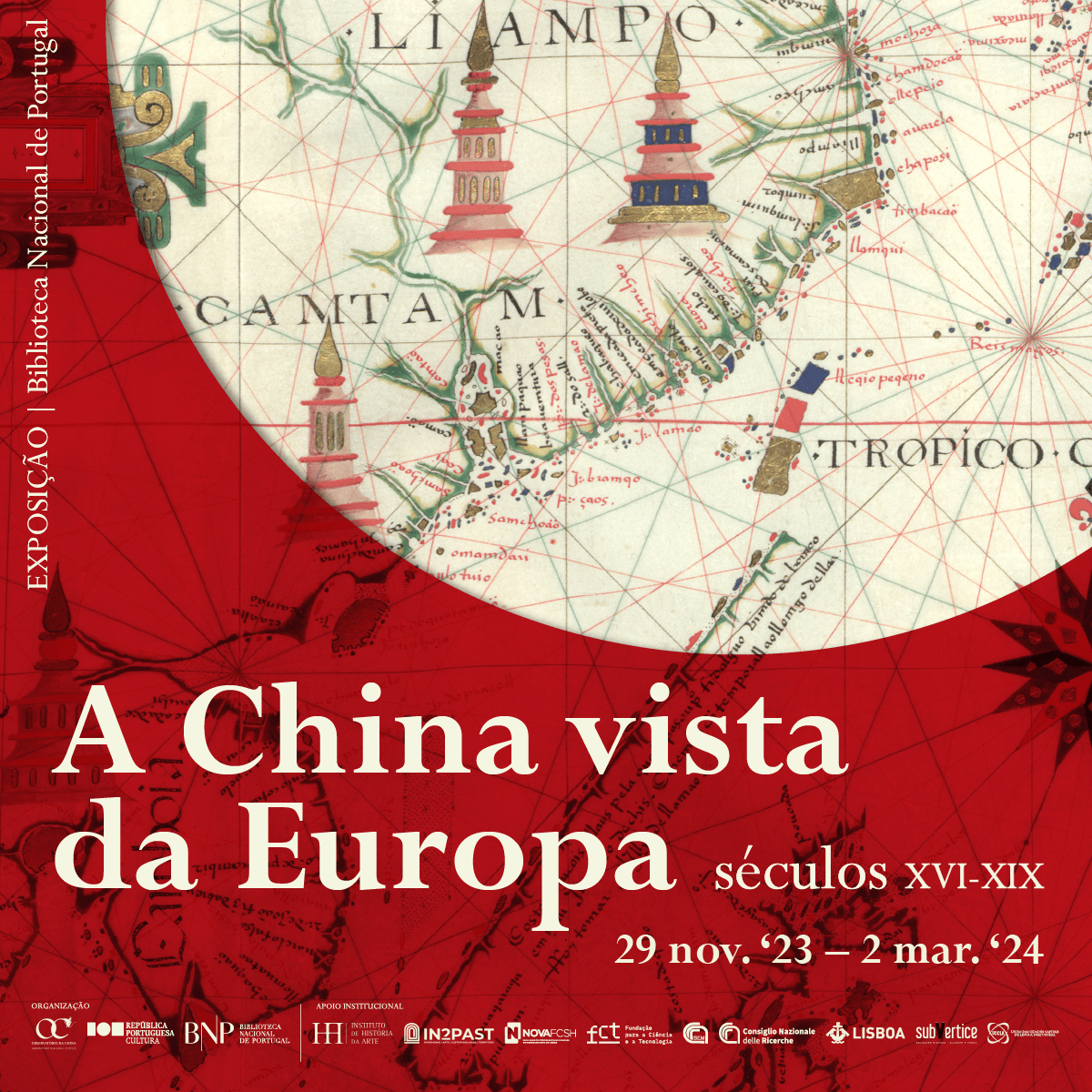
2023-12-11
Knowledge and Culture bring Portugal and China closer: China seen from Europe: 16th-19th centuries
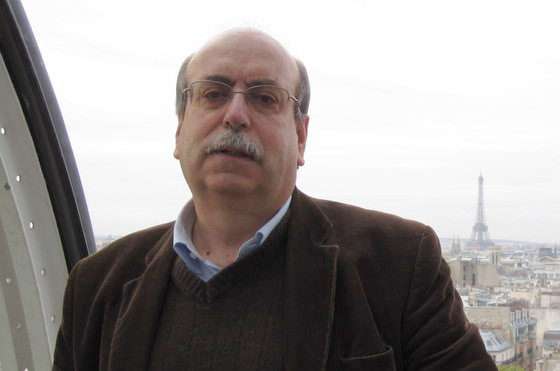
2023-12-07
The EU-China summit, an opportunity to rebuild peace and cooperation in Eurasia

2023-11-24
Macau and the reunion

2023-11-17
"China and American decoupling and European de-risking"
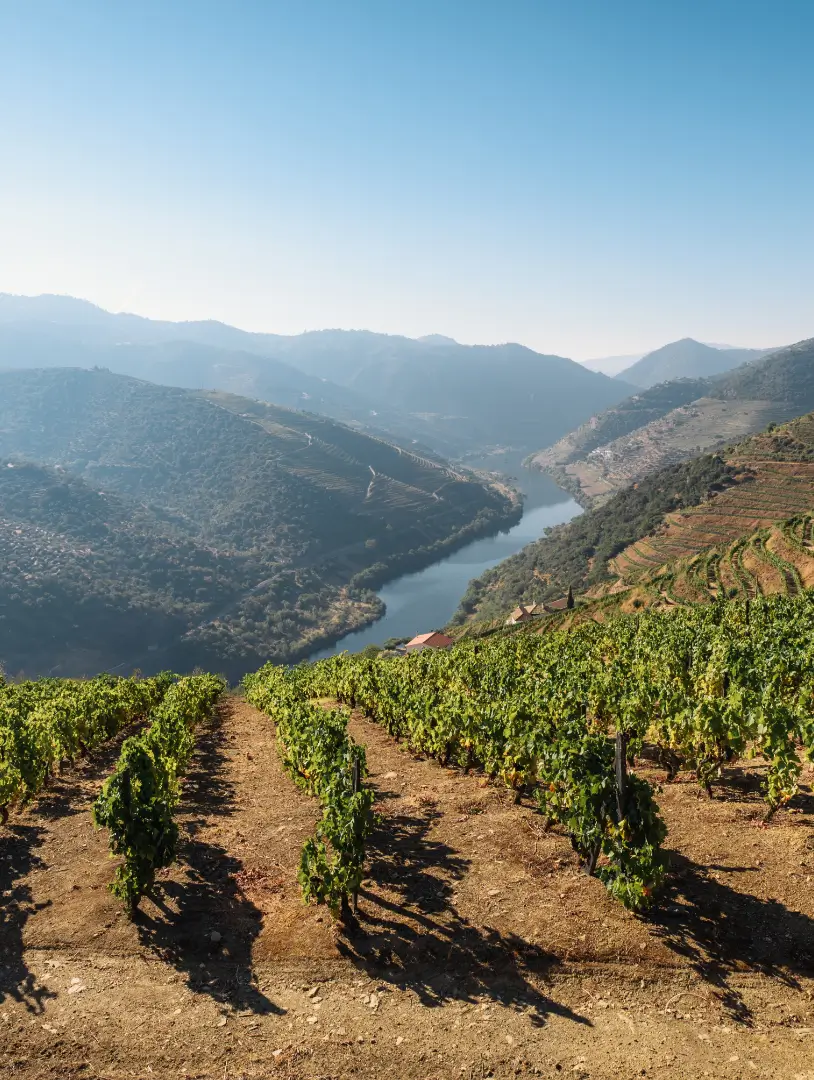
2020-02-20
China’s environmental achievements can’t be overlooked by West’s myope
Publication: Global Times
